Everyone occasionally needs cash to keep them afloat until the next paycheck. Payday loans are one option — but they’re only worth it for short-term needs.
So what is a payday loan? Often called a cash advance or paycheck advance, it’s a short-term, high-interest loan for borrowers facing immediate, urgent financial needs. Typically due on the borrower's next payday, these loans come with high fees and interest rates, so if you can’t pay immediately, they’re a costly borrowing option.
Here’s everything you need to know to decide if a payday loan is right for you.
How do payday loans work?
Once you know what specific loan interests you, apply either online or at a storefront lender. If the lender approves the application, you receive the loan amount, usually in cash or deposited directly into your bank account. Approval is generally based on income and employment status rather than credit history, making these loans accessible even if you have poor credit.
Repayment terms vary but usually require you to repay the loan in full, along with fees and interest, by your next payday. However, many borrowers are unable to repay the full amount of these high-interest loans on time, leading to a cycle of borrowing and accumulating additional fees.
This is what makes payday loans so costly. Despite providing quick access to funds, they often come with exorbitant fees and interest rates. Borrowers rack up charges attempting to repay. It can be a vicious cycle.
Understanding payday loan interest rates
Payday loan interest rates are notoriously high, often reaching triple-digit annual percentage rates (APRs). This is mostly because lenders take on risk by offering loans to individuals with poor credit or unstable financial situations. If borrowers don’t pay back within the short loan term, they have to pay high interest to make up for it.
APRs for payday loans vary widely depending on state regulations and the specific lender, but they typically range from 300% to 500% — or even higher. To put those numbers into perspective, the average loan APR is about 12%.
These high interest rates mean you pay back significantly more than you originally borrowed, especially if you roll over the loan or take out many at once. Additionally, payday loans often come with additional fees, such as origination fees or late payment penalties, that further add to the cost.
In the U.S., the Consumer Financial Protection Bureau (CFPB) regulates payday lending practices to protect consumers from predatory practices. It implements rules to make sure lenders verify a borrower's ability to repay before extending a loan, and it restricts the number of consecutive loans a borrower can take out. But these rules aren’t always enforced, and payday lending remains controversial. Some critics even describe it as a form of predatory lending.
Do payday loans affect credit?
Payday loans don’t always affect credit. Their impact on credit scores varies depending on how the lender reports the loan to credit bureaus and how the borrower manages repayment.
In many cases, payday lenders don’t report loan activity to the major credit bureaus, like Experian, Equifax, and TransUnion. Taking out and repaying a payday loan typically doesn’t impact your credit score.
However, if a borrower fails to repay the loan according to the terms, the lender may choose to report it to credit bureaus. This usually lowers the borrower’s credit score and makes it more difficult to qualify for future loans or credit cards. And if a borrower defaults on a payday loan and the lender sells the debt to a collection agency, that agency might report to the credit bureaus, further damaging credit.
Long story short, it's absolutely essential to understand the consequences of defaulting on a payday loan. If you do need to take out a loan, prioritize repayment to avoid high fees and negative impacts on your credit score.
Are payday loans legal?
Payday loans are legal in some places, but not others. In the U.S., Canada, and the United Kingdom, government authorities heavily regulate payday lending to protect borrowers. But the regulations around payday loans differ significantly.
In the U.S., for example, payday lending is legal in most states, but each state has its own set of regulations. Some states have strict caps on interest rates and fees that lenders can charge. Others have more lenient regulations.
There are countries and regions that prohibit or heavily restrict payday lending. In Australia and several European nations, for instance, strict regulations or outright bans on payday lending exist to protect consumers from predatory lending practices.
How to get a payday loan in 5 steps
If you need a loan until payday and understand the potential impacts, here’s how to apply:
1. Consider the alternatives
Before pursuing even a small payday loan, explore any other alternatives available to you. This could include borrowing from friends or family, negotiating payment plans with creditors, or seeking assistance from community organizations or government agencies that offer financial assistance. These options save you money and avoid a potential cycle of debt.
2. Check payday lender reviews
Research and compare where you can get a payday loan to find a trustworthy provider. Look for reviews and ratings from previous customers to gauge each lender’s reputation and reliability.
Note any complaints or negative feedback regarding hidden fees, aggressive collection practices, or other unethical behavior. Choosing a reputable lender can make or break your borrowing experience.
3. Look for all disclosures
Before applying for a payday loan or signing anything, carefully review all disclosures from the lender. This includes the loan agreement, terms and conditions, fees, interest rates, and repayment schedule.
Pay close attention to any fine print or hidden fees that may not be immediately apparent. You don’t want to risk signing something you don’t completely understand. Make sure you know every detail and are comfortable with the repayment obligations before proceeding.
4. Plan how you’ll repay the loan in full
Before accepting a payday loan, develop a plan for repaying the loan in full and on time. Calculate the total amount you'll need to repay, including fees and interest, and determine how to cover this expense within the loan term.
Take a hard look at your income and expenses to ensure that you'll have enough funds available to repay the loan without resorting to further borrowing or facing financial hardship. If you find the numbers are too high, a payday loan might not be the right choice for you.
5. Compile the required documents and apply
Once you've selected a lender and reviewed the terms, gather all the necessary documents required for the loan application. This typically includes proof of income, identification documents, and contact details. Complete the application form accurately and honestly.
FAQs
If you still aren’t sure if this loan type is for you, here are some frequently asked questions:
Are payday loans fixed or variable?
Payday loans typically have fixed interest rates rather than variable rates. This means that the interest rate remains the same throughout the duration of the loan, regardless of changes in the market or economic conditions. Fixed interest rates give you more predictability and stability because you know exactly how much you’ll owe later.
Can payday loan debt be forgiven?
Payday loan debt is generally not eligible for forgiveness like federal student loans. But there are options available for managing payday loan debt if you're struggling to repay it. These may include negotiating with the lender for a repayment plan, seeking assistance from a credit counseling agency, or exploring debt consolidation or settlement options.
Can you get a payday loan without a bank account?
Most payday lenders need you to have a bank account. This is because you typically repay through automatic electronic withdrawals on every due date. Having a bank account also lets the lender deposit loan funds directly to you upon approval.
Some lenders may offer alternative options for receiving funds, like prepaid debit cards, for people who don’t have traditional bank accounts. Check with the lender about specific requirements and available options for receiving funds.
Get early access to your pay with EarnIn
If you’re looking for an alternative to payday loans, start with EarnIn.
You can use EarnIn’s Cash Out tool and get early access to your earned income without the cost. You can get up to $100 a day and up to $750 every pay period with no credit checks, no interest, and no mandatory fees. Download EarnIn to make every day payday.
You may enjoy
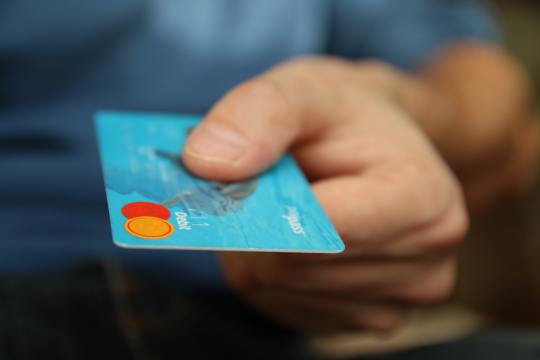
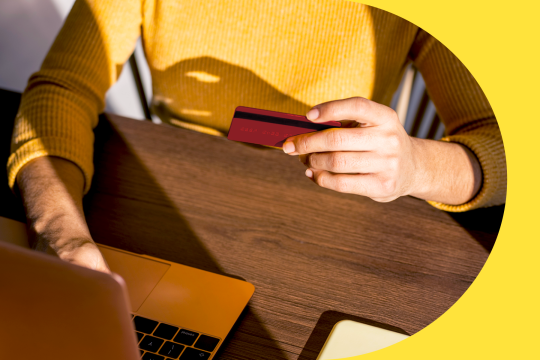

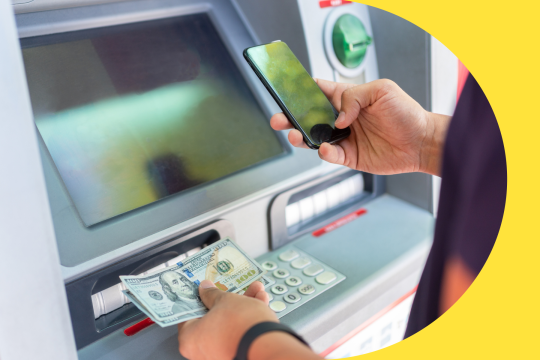
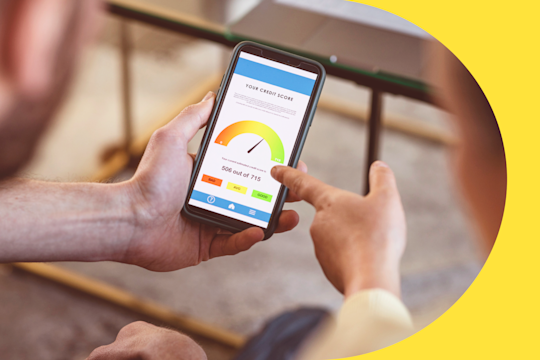


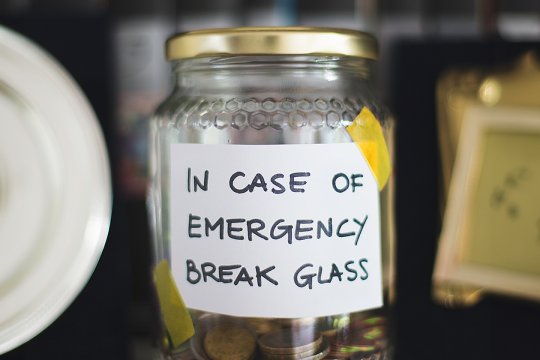
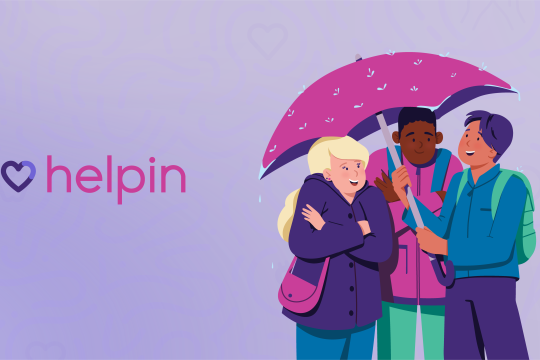

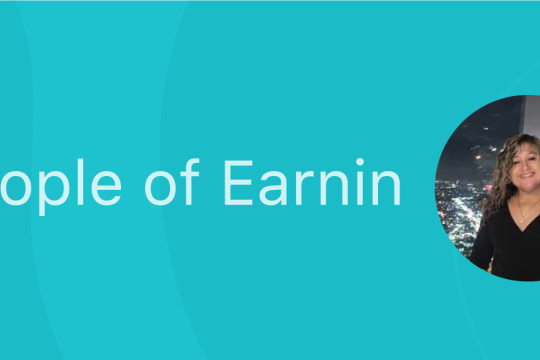
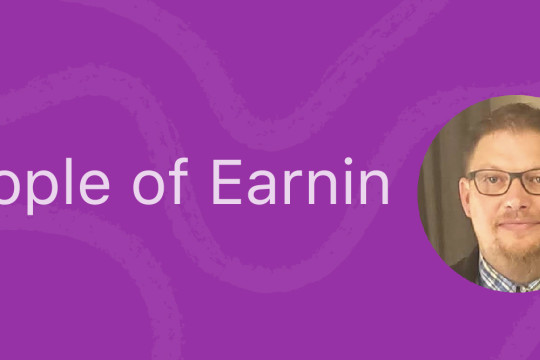
EarnIn is a financial technology company not a bank. Subject to your available earnings, Daily Max and Pay Period Max. EarnIn does not charge interest on Cash Outs. EarnIn does not charge hidden fees for use of its services. Restrictions and/or third party fees may apply. EarnIn services may not be available in all states. For more info visit earnin.com/TOS.






